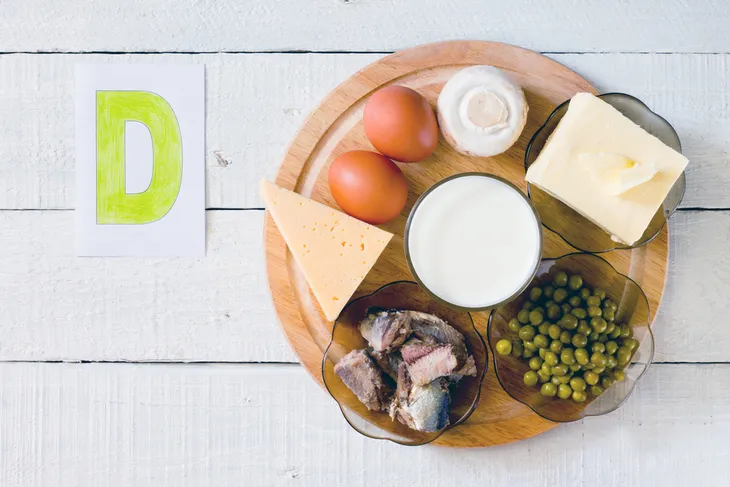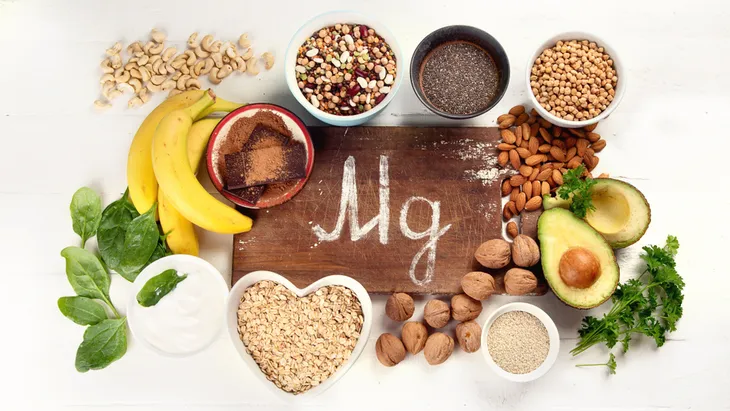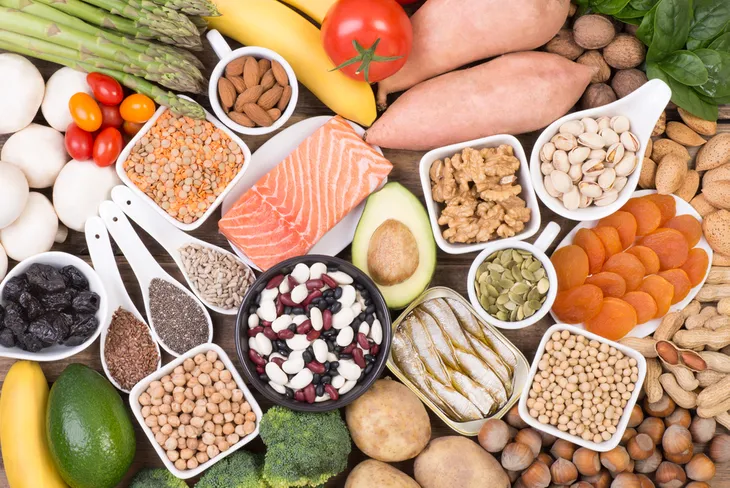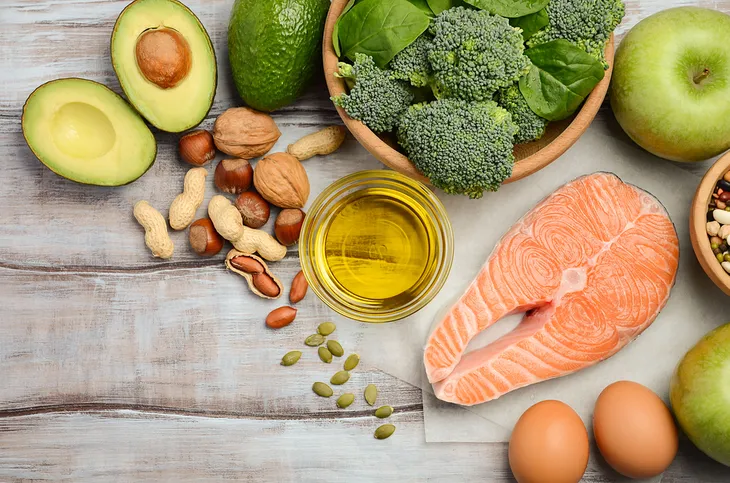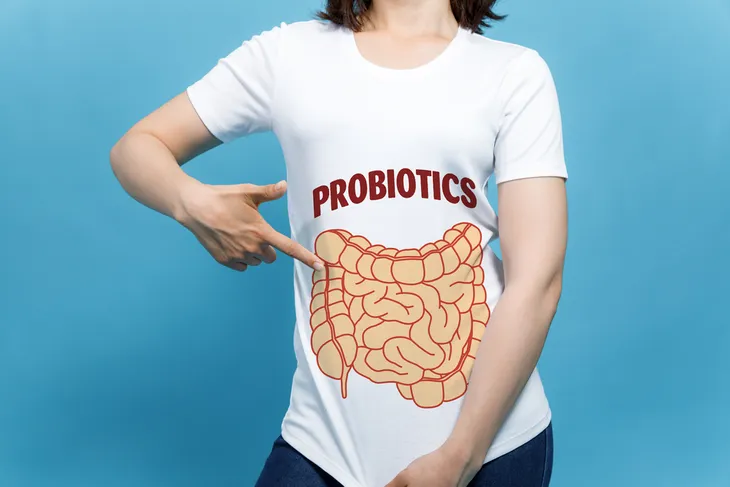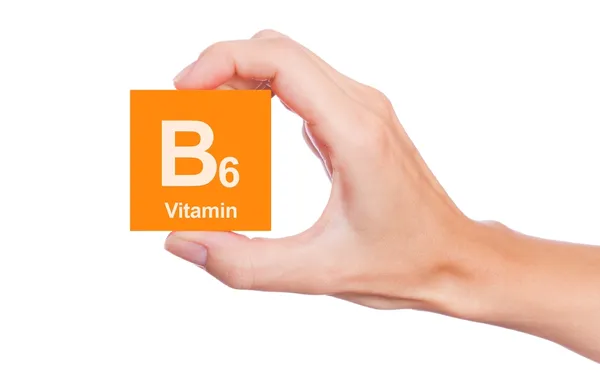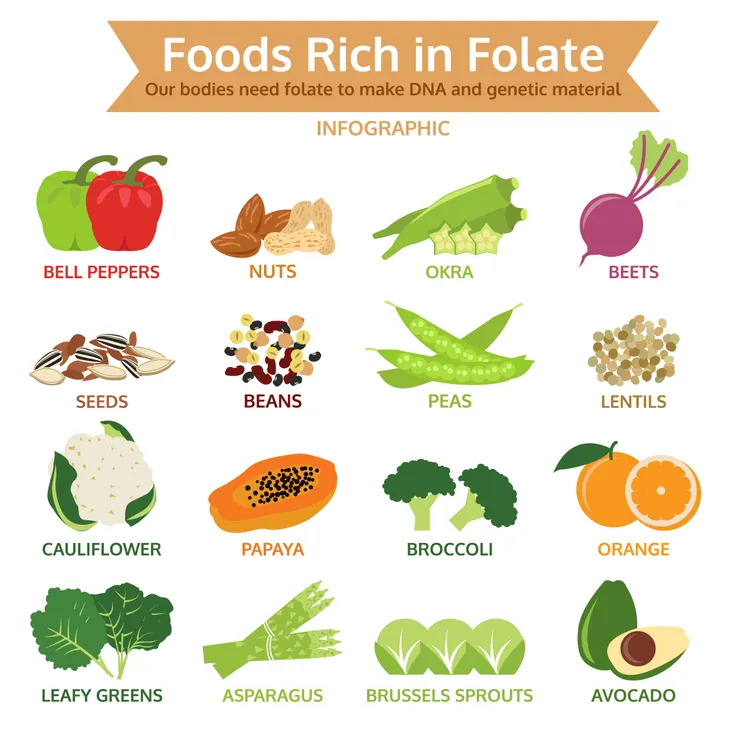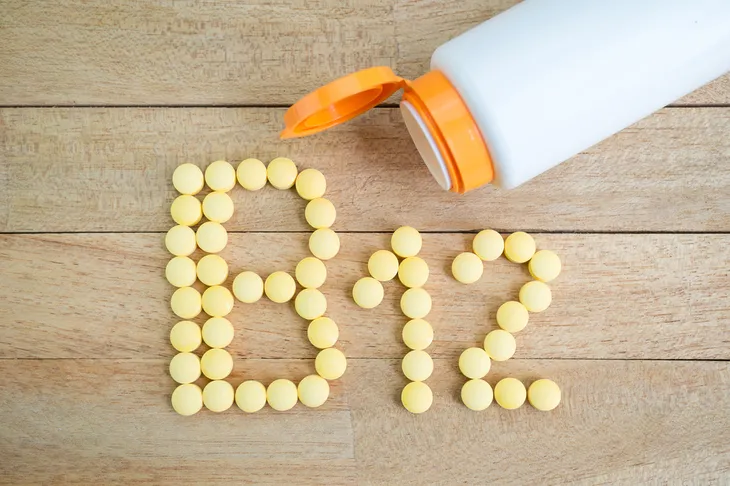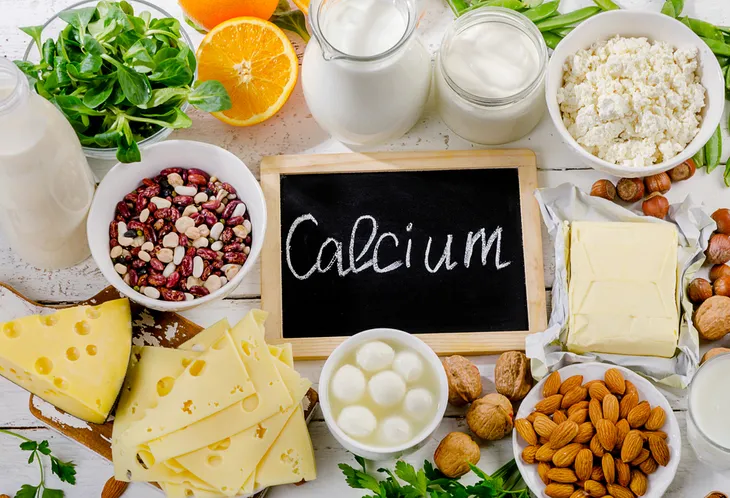It doesn’t usually take much time for young kids to learn the importance of getting their vitamins, whether it’s a chewable tablet or, ideally, in healthy food choices like fruits, vegetables, and whole grains.
As we age, we tend to forget the importance of making those vitamins a central part of our diets. Maybe it’s because we don’t have parents constantly reminding us, or maybe it’s that we just don’t always have time to eat well. Regardless, the end result is often less-than-healthy diets that lack the vitamins and minerals our bodies crave, even at middle age. That’s why it’s worthwhile to go through a refresher every now and then — so, what vitamins are the most important and how can you get them in your diet?
Want senior content delivered straight to your inbox? Sign up for our exclusive email list and receive articles and news on diet & nutrition, fitness, and mental health dedicated specifically to our senior audience!
Vitamin D
The importance of getting sufficient amounts of vitamin D has been emphasized more in recent years as medical researchers have discovered it can play an important role in determining how we feel both physically and emotionally. Insufficient amounts of vitamin D in the body may leave us feeling exhausted and depressed.
To prevent this from occurring, we need to maintain our vitamin D levels. This can be done by getting some exposure to the sun’s rays or by eating foods containing vitamin D, from eggs and fish to dairy products fortified with the vitamin. Doing so will not only help you feel better, it could also cut your risk of developing diabetes, heart disease, multiple sclerosis, and cancer.
Magnesium
You’ve probably heard of magnesium and maybe you even know of its importance in keeping the body functioning at normal levels, but chances are you’re not sure how to get enough of it. Of course, there’s always the multivitamin, but it helps to know which foods provide sufficient amounts of magnesium, which helps regulate blood pressure and therefore can help prevent the onset of heart disease and related ailments. Magnesium can also help the body better absorb calcium, which means it contributes to bone health.
If you’re looking for food items that contain magnesium, look no further than avocado, nuts, seeds, and dark leafy greens like spinach and kale. A salad combining these various ingredients should help most adults get all the magnesium they need for the day.
Potassium
If you eat bananas on a regular basis, you’re probably all set for getting sufficient amounts of potassium in your diet. But if the tropical fruit isn’t on your much-loved list, you could be putting yourself at risk of heart attack and stroke.
In truth, there’s a few foods that contain potassium besides bananas. Sweet potatoes, swiss chard, beans, lentils — they all contain this important vitamin. If all of these foods make you gag a little bit, you should be able to get sufficient potassium with a multivitamin or supplement.
Omega-3 Fatty Acids
A decade ago virtually no one had heard about omega-3 fatty acids, which can be found in several types of fish — including salmon and mackerel — as well as walnuts, eggs and flax seed. But today omega-3 fatty acids are all the talk, primarily because they’ve been shown to help cut the risk of heart disease and improve brain functionality. Omega-3s may also help lower blood pressure by placing a check on LDL, or “bad” cholesterol.
That makes omega-3 fatty acids particularly important for people in their 40s, 50s, 60s, and beyond — in essence, people who may be confronting problems associated with heart disease or a decline in mental cognition.
Probiotics
Technically, probiotics aren’t vitamins, but they fill a similar role when added to the body. They’re essentially “good” bacteria that can help with the digestive process and may assist in significantly reducing the risk of some serious physical health issues, from heart disease to diabetes and stroke.
Those in search of probiotics have a few food options, from yogurt to fermented products like kefir, kombucha, and kvass. Although probiotic-based products may initially leave an individual feeling a little uncomfortable, in time they can do wonders for people struggling with digestive problems like constipation and diarrhea.
Vitamin C
We all know what can happen when we fail to get sufficient amounts of vitamin C in our diet: our immune system becomes compromised, we become susceptible to infection, and eventually some nasty cold or flu takes hold. And while many winter colds last for only a few days or so, some can linger for weeks, making it that much harder to take care of even the most basic daily activities.
The good news is that vitamin C is just about everywhere — it’s in fruit and fruit juices and it’s in many of the most popular vegetables, particularly dark, leafy greens like kale.
Melatonin
Melatonin isn’t actually a vitamin; instead, it’s a hormone that plays a central role in helping us wind down and get some quality sleep at night. And in a world filled with smartphones and computers and where there seems to be few limits on the working day, it’s becoming progressively more popular in helping people get the night-time rest they need.
Because melatonin is a natural substance, it’s considered a less harmful or habit-forming method of catching some sleep than prescription sleeping pills or over-the-counter options, most of which use dimenhydrinate. Just make sure you don’t overdo it using melatonin, as this could leave you feeling particularly groggy the next day.
Vitamin B6
Vitamin B6 may be considered one of the less popular vitamins on this list, but that doesn’t mean it’s not important to add it to your diet. That’s because vitamin B6 has been shown to help with the development of our brains and can assist in keeping our nervous and immune systems functioning as they should.
If you’re in search of foods containing vitamin B6, look no further than poultry products, fish, potatoes, bananas and chickpeas. Of course, it’s also available in supplement form and is often included in multivitamins.
Vitamin A
You’d think vitamin A would receive a lot of attention, but sadly that’s not always the case, even though it’s been shown to help keep our eyes and skin functioning as they should. Given that there are few body parts performing more important duties than our eyes, it’s a good idea to get sufficient amounts of vitamin A in your diet each day.
To do that, you’ll need to add animal protein to your diet; if you’re a vegan or vegetarian, you can also get vitamin A in plant foods known as carotenoids. This includes both vegetables and fruit that are brightly colored, from carrots to dark, leafy greens.
Folate
It’s really important that everyone add folic acid to their diets, but it’s especially more important than expecting women to do so. That’s because folic acid plays a crucial role in the development of a baby’s brain and spinal cord, particularly during the earliest stages of a pregnancy.
But as mentioned, it’s important everyone gets their required supply of folate and folic acid, which helps keep our red blood cells healthy, thereby helping us maintain normal energy levels and reduces the risk of high blood pressure and heart disease. You can get folate by eating a variety of foods, from beans, peas and lentils to spinach, asparagus, lettuce, beets and broccoli.
Vitamin B12
Widely considered one of the most important vitamins for people in their 40s and 50s, vitamin B12 plays an essential role in maintaining healthy blood pressure levels, an important part of keeping heart disease at bay. Beyond that, vitamin B12 can help with brain functionality, making it very useful as we continue to age and start to forget things.
As you’d expect, vitamin B12 can be found in supplement form and is often included in your average multivitamin. But it’s also available in many popular and healthy food choices, from eggs and fish to chicken and dairy. Keep in mind that, as we age, vitamin B12 is less effectively absorbed by the body, so you’ll need to consume more to get the full benefit.
Calcium
Calcium is one of those vitamins that we learn about at any early stage — usually when, as children, we begin making our own decisions on what to eat and drink. Toddlers opening the fridge in search of a soda will likely hear a parent, grandparent, or babysitter tell them to instead reach for the milk, which is packed with calcium, which can help make our bones stronger and more resistant to the bombardment they undergo as kids bounce around the school playground.
But the need for calcium stays with us as we age, from early life and into our teens, 20s, and beyond. In fact, getting sufficient amounts of calcium can help older adults whose bones may be slowly decaying from sustaining painful fractures. Beyond that, calcium can help cut the risk of heart attack and stroke.

